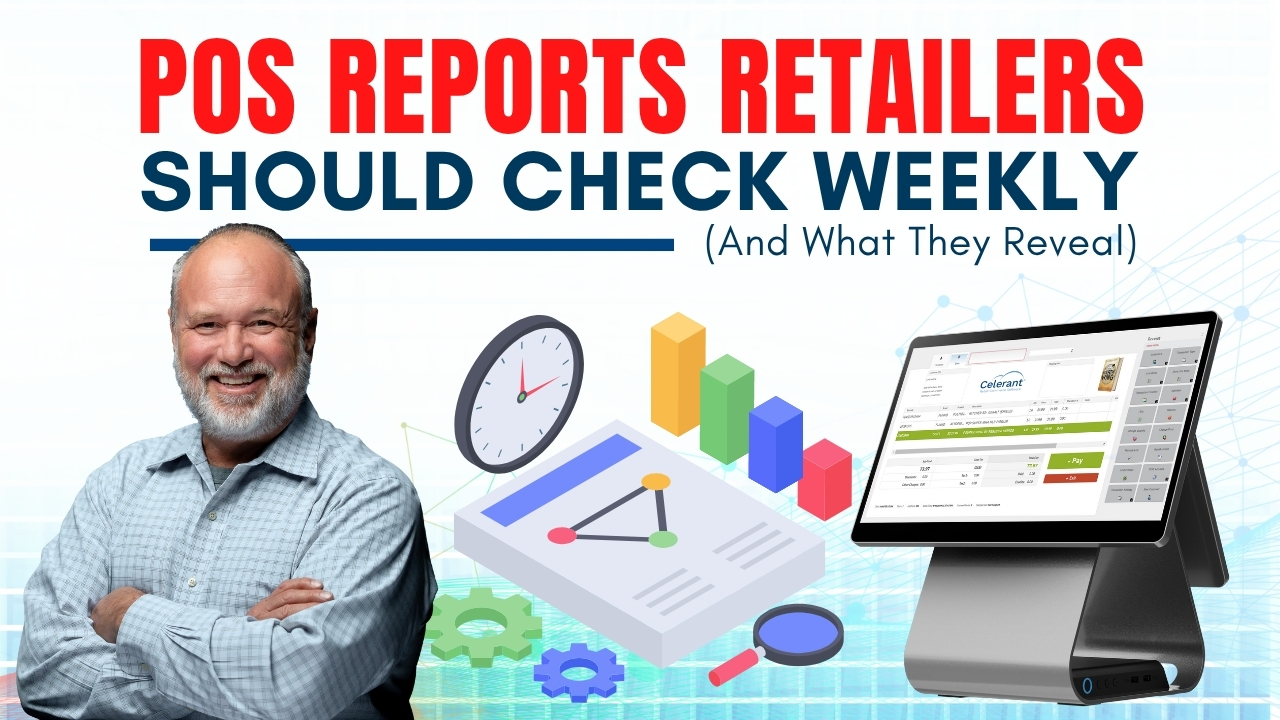Blog
What does The South Dakota Vs. Wayfair, Inc. Ruling Mean For You
November 14, 2018 / 1 minute read / By Michele Salerno

Blog

E-Commerce in the United States continues to grow, reaching 120 billion in the first quarter of 2018 alone. Yet states have long missed out on online sales tax revenue due to a longstanding physical presence rule: States could only require a business to collect and remit sales tax if it had a physical presence in the state. That’s now changed because of the Supreme Court of the United States’ decision in South Dakota v. Wayfair, Inc. (June 2018), which overruled the physical presence rule.
States now have the authority to tax remote sellers with substantial economic activity in the state, or economic nexus. Already, close to 30 states have adopted economic nexus since the Wayfair opinion was released in June. Online sellers that do business in multiple states should closely monitor state economic nexus laws, as they can create new sales tax collection obligations.
Along with South Dakota, which started the economic nexus ball rolling, almost 30 states have adopted economic nexus laws. These include: Alabama, Colorado, Connecticut, Georgia, Hawaii, Illinois, Indiana, Iowa, Kentucky, Louisiana, Maine, Maryland, Massachusetts, Michigan, Minnesota, Mississippi, Nebraska, New Jersey, North Carolina, North Dakota, Ohio, Oklahoma, Pennsylvania, Rhode Island, South Carolina, South Dakota, Tennessee, Utah, Vermont, Washington, Wisconsin, and Wyoming.
Retailers that sell online to consumers in these and other economic nexus states need a Point of sale system capable of collecting sales tax anywhere they do business. Unless they have the time and resources to manually file returns and remit sales tax in multiple states, they may also want to use an automated sales tax solution.
Economic nexus laws vary by state. Many are modeled after the South Dakota law that led to the end of the physical presence rule, which includes a small seller exception: Only retailers with more than $100,000 in sales or at least 200 sales transactions in the state are required to collect and remit sales tax.
Many large online retailers have a physical presence in multiple states, so they already have an obligation to collect and remit sales tax in those state. Economic nexus laws are likely to be most felt by E-Commerce retailers with significant sales but no physical presence in economic nexus states. Smaller retailers with significant online sales will likely need to obtain a tax automation system to maintain, calculate, and pay sales tax in various states.
It’s important for online sellers to keep track of changing sales tax laws for remote sellers: Economic nexus takes effect in different states at different times, and states have different small seller exceptions. Sales tax automation solutions can facilitate compliance in one state or 30.
Celerant integrates with Avalara to help minimize sales tax challenges for its retail clients. You can find a complete list of states that have updated their online tax laws on this page.
 Are you running the right POS reports each week? Our expert, shares the weekly reports every retailer… |
 Knowing digital tools is beneficial, but SMB retailers excel when they understand how to utilize them to… |